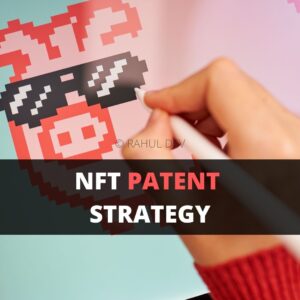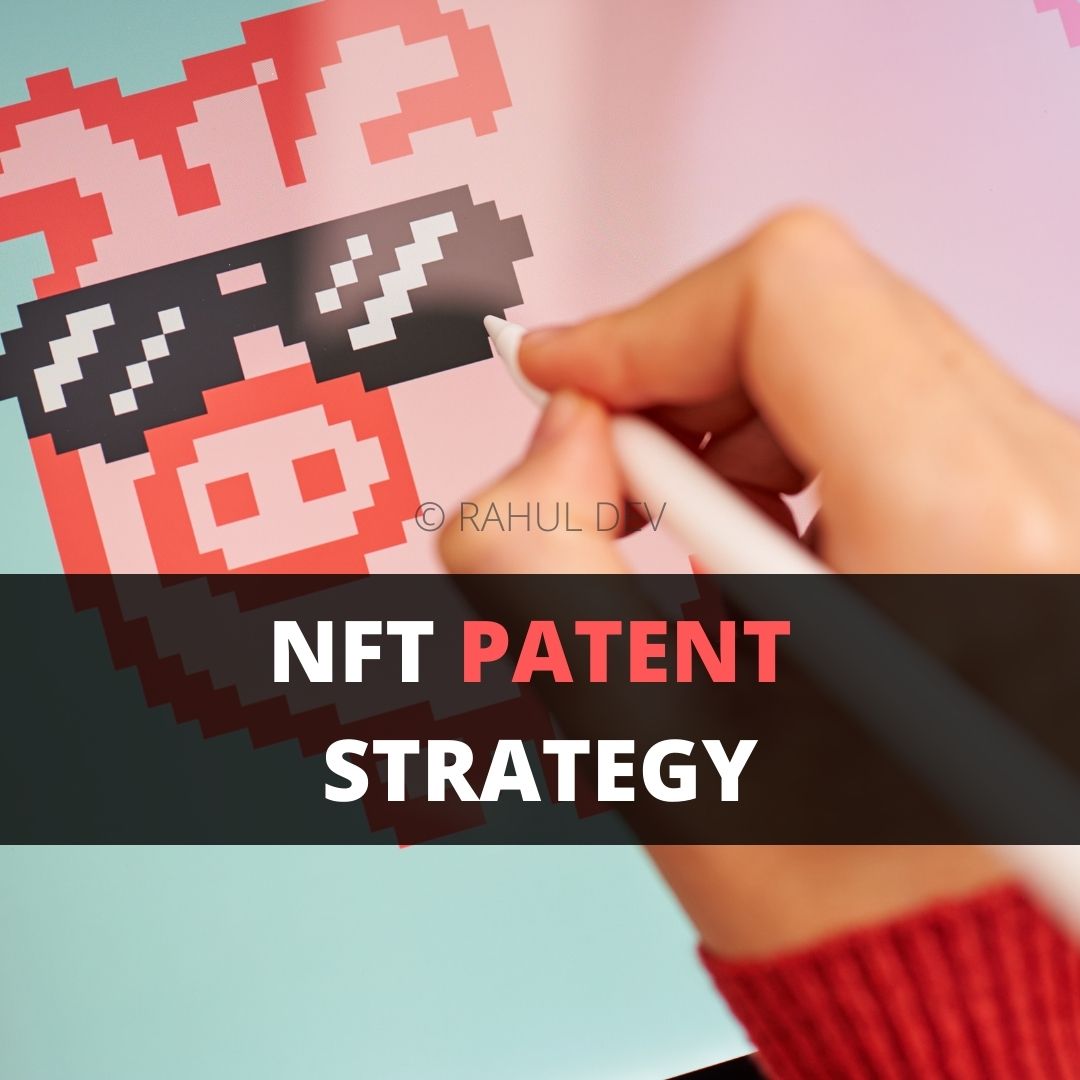NFT Project Legal Opinion
The feasibility of NFT project increases with the utility nature of the NFT tokens, as analyzed while writing the NFT token legal opinion letter. The NFT community is growing fast, with influence on other projects. Because of their non-fungibility, they cannot be exchanged with other NFTs. Buying popular NFT projects can be expensive. But you can mitigate these risks by making sure you have a good reputation. Non-fungible tokens (NFT) enable holders to prove ownership of items, such as digital artwork.
NFT Patent Filing Strategy
NFT projects need a thorough patent strategy to ensure that the overall valuation of the NFT project increases. The first and foremost step to file international NFT patents is to identify and understand your competitors’ NFT products and markets. From the legal standpoint, it is crucial to consider which jurisdictions allow the patenting of certain NFT products or NFT processes. NFT Patents can act as excellent competitive and defensive tools, allowing the NFT projects to steer competitors’ NFT product development plans through the NFT patent process. In addition, NFT patents can also be used to gain entry into new markets and secure funding for NFT projects. In case of existing patents covering digital innovations or software related aspects, it can be beneficial to plan for patent term extensions by filing subsequent connected patent applications that disclose NFT related features.

NFT Patent Landscape
While shopping for patents in the crypto industry, many substantial legal issues have cropped up. Legal and regulatory authorities have pointed out how buyers will ensure that the initial NFT owner actually holds sufficient title in the patent. They would have to verify the same with patent registers (an old school practice full of uncertainties). Further, how the NFT owners are going to record their ownership change in patent registers. They will be required to provide documentation as needed by respective registers. Authorities would take some time before they accept NFTs as proof for ownership transfer.
While the patents are being enforced, users shall be required to convince a court that they are true owners of that NFT patent in case such users are not recorded in respective registers. Users may be asked to present ownership documents like properly signed assignment agreements. Another question that arises is what steps should be taken if a user wants to legally challenge a past transaction’s validity. NFT world is notoriously famous for being a place where transactions can’t be undone. In such a situation, users may have to rely on real-world legal remedies so that patents can be dragged out from the blockchain platform.
In addition to the crucial points stated here relating to NFT Patents, the future business models based on innovation may regularly need assistance for Patent Searching. The results of a patent search report can assist in determining if Patent Drafting is the next step for International Patent Filing along with USPTO Patent Filing. In case of blockchain based business models, utility token Legal Opinion Letters may also be needed.
NFT Patent Benefits
As tools for the transfer of patent assets, NFTs can be utilized to transfer ownership of patents. To create records of patent owners, blockchain can be utilized. The self-executing contracts can be embedded with tokens. Upon transfer of such tokens, the legal rights associated with patents also get transferred. As mentioned earlier, through an agreement IBM and IPwe have spearheaded to secure patent ownership regarding NFT usage. Both companies have entered into a partnership to buy and sell patents using NFTs. Apart from the sale of patents, such a marketplace can also be utilized to establish a licensing agreement. The creators of this marketplace are hopeful that it will assist companies in creating and assessing the value of patent portfolios.
The variations of NFTs lies within the spectrum that store content (for e.g., art or media) on the blockchain. At another end of the spectrum lies tokens with new functionalities. Depending on which spectrum a particular NFT resides, patentability implications, especially patent eligibility may vary. If NFTs are being considered for the launch of a new application, new challenges regarding patent protection such as eligibility challenges may arise. Another concern remains the detectability of infringement. As end-users remain anonymous mostly, therefore claims drafted for capturing infringement can be difficult to endorse. It is advised to have claims that read on an entity where the patentee can identify infringed entity and also detect it.
Our team of advanced patent attorneys assists clients with patent searches, drafting patent applications, and patent (intellectual property) agreements, including licensing and non-disclosure agreements.
Advocate Rahul Dev is a Patent Attorney & International Business Lawyer practicing Technology, Intellectual Property & Corporate Laws. He is reachable at rd (at) patentbusinesslawyer (dot) com & @rdpatentlawyer on Twitter.
Quoted in and contributed to 50+ national & international publications (Bloomberg, FirstPost, SwissInfo, Outlook Money, Yahoo News, Times of India, Economic Times, Business Standard, Quartz, Global Legal Post, International Bar Association, LawAsia, BioSpectrum Asia, Digital News Asia, e27, Leaders Speak, Entrepreneur India, VCCircle, AutoTech).
Regularly invited to speak at international & national platforms (conferences, TV channels, seminars, corporate trainings, government workshops) on technology, patents, business strategy, legal developments, leadership & management.
Working closely with patent attorneys along with international law firms with significant experience with lawyers in Asia Pacific providing services to clients in US and Europe. Flagship services include international patent and trademark filings, patent services in India and global patent consulting services.
Global Blockchain Lawyers (www.GlobalBlockchainLawyers.com) is a digital platform to discuss legal issues, latest technology and legal developments, and applicable laws in the dynamic field of Digital Currency, Blockchain, Bitcoin, Cryptocurrency and raising capital through the sale of tokens or coins (ICO or Initial Coin Offerings).
Blockchain ecosystem in India is evolving at a rapid pace and a proactive legal approach is required by blockchain lawyers in India to understand the complex nature of applicable laws and regulations.

